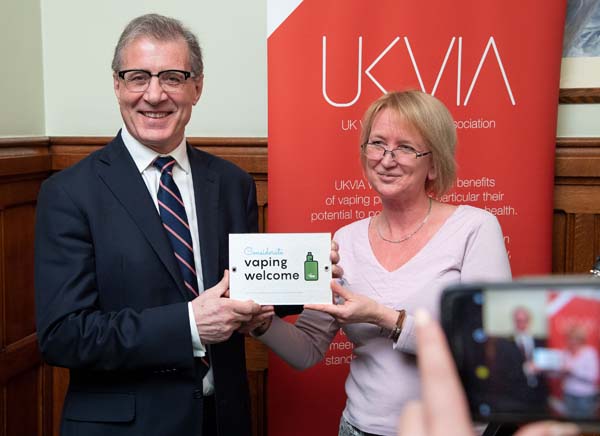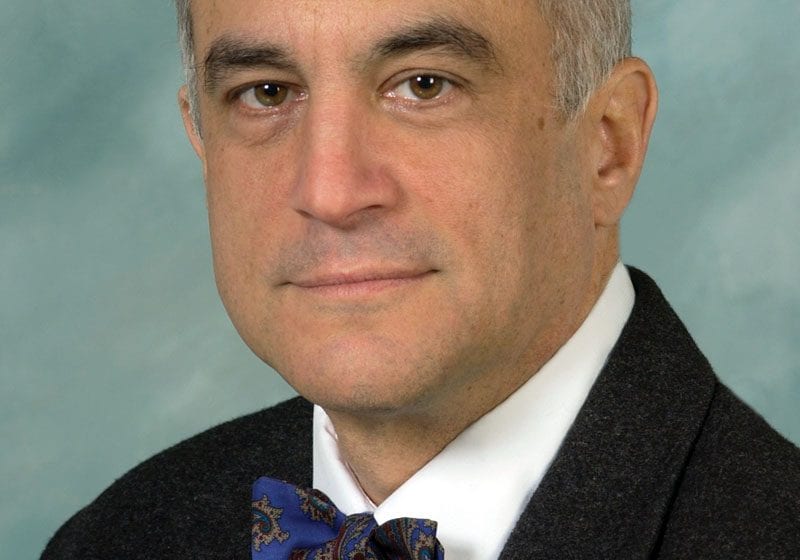In introducing a news story concerning untruths that had been told about vaping, TR yesterday made a reference to the X-Files’ mantra: The truth is out there.
It seems that that reference wasn’t as flippant as it might have appeared to have been. A recent account of misinformation about smokeless tobacco seems to travel deeper into X-Files territory.
Writing on his tobacco truth blog on February 19, Brad Rodu (pictured), who is a Professor of Medicine at the University of Louisville (UoL) warned that smokeless tobacco users were in for harassment ‘this week’: ‘the 30th iteration of the annual Through With Chew orgy of smokeless tobacco misinformation’. (Rodu’s fully-referenced account is here.)
Rodu, who holds an endowed chair in tobacco harm reduction research and is a member of the James Graham Brown Cancer Center at UofL, gave as an example a tweet from the US Department of Defense @ucanquit2 account on February 11: “Smokeless tobacco users are 50x more likely to get cheek, gum & mouth cancer than nonusers”.
Rodu responded to what he referred to as ‘this blatant fabrication’ with a Tweet of his own on February 15: “Your 50 claim is a complete fabrication by a staffer @theNCI…” His Tweet referenced the science behind his claims.
After his Tweet was liked by 24 people and retweeted by 13, Rodu reported ‘a strange chain of events’. The Twitter accounts of many of the above were suspended.
The affected individuals pleaded with @TwitterSupport to make amends and, on February 16, Rodu also asked for a correction: “To @TwitterSupport, Pls restore me/others. I am a scientist, 25 years published in this field. My tweet was professional and credible. In 2010 @CarlBialik at @WSJ investigated ‘50’ number and reported it was a fabrication used by @AmericanCancer, others http://tinyurl.com/y6a7ox8a”.
Rodu said that the Twitter-account suspensions were likely to have resulted from a complaint by an authoritative anti-tobacco figure or agency.
Finally, on February 22, Rodu said, Jacob Sullum authored an article on the Reason Hit and Run Blog, ‘Did Twitter Punish Criticism of Government Propaganda About Smokeless Tobacco’ and, a few hours later, affected users reported that their accounts were returned to normal functioning.
The truth is out there. But so are lies.










